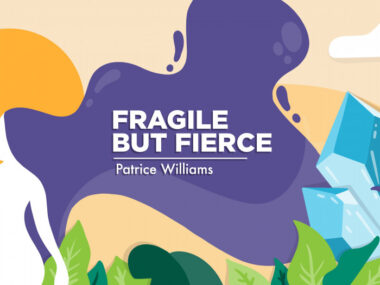FDA Grants Rare Pediatric Disease Designation to EB-101 as a Treatment for Blistering Skin Disorder
Written by |

The U.S. Food and Drug Administration has granted a Rare Pediatric Disease Designation to EB-101, Abeona Therapeutics’ treatment for the inherited skin disease epidermolysis bullosa, or EB.
Importantly, the designation also covers a severe form of the blistering and open-wound disorder known as recessive dystrophic epidermolysis bullosa, or RDEB.
The FDA grants Rare Pediatric Disease Designation to treatments for diseases that affect fewer than 200,000 Americans, most of whom are age 18 or younger. The designation offers a company incentives to advance the development of a therapy, including accelerated FDA review.
“These designations are granted to drugs with high promise that may address areas of unmet medical need for children with rare diseases,” Dr. Timothy J. Miller, president and CEO of Abeona Therapeutics, said in a press release. “RDEB is a debilitating and life-threatening inherited disorder with no approved treatment options available for patients today.”
Type VII collagen is a protein that helps hold skin together. In RDEB, mutations of the COL7A1 gene generate a malfunctioning version of the C7 protein. The result is that layers of the skin are unable to remain attached to layers below them.
Consequences include chronic blistering, open and difficult to heal wounds; joint contractures, which are problems with muscles, ligaments and tendons around joints; and eye scratches known as corneal abrasions.
EB-101 is a genetic therapy. Scientists use skin cells collected from a patient to engineer a functional version of the C7 protein, then create skin grafts with it. The grafts are applied to damaged areas of a patient’s skin.
The European Medicines Agency granted orphan drug status to EB-101 in March 2017 and the FDA in May 2017.
“Building upon the already granted FDA and EMA Orphan Drug Disease Designations for the EB-101 gene therapy program, receiving the Rare Pediatric Disease Designation is another important validation of the science and clinical approach to developing a novel gene therapy for RDEB patients,” Miller said.
Abeona has been conducting a Phase 1/2 clinical trial (NCT01263379) of EB-101’s safety and ability to treat non-healing wounds.
The results have been extremely promising. EB-101 healed more that half of the wounds of the patients treated with it — and they remained healed more than two years.
EB-101 also increased levels of functioning C7 protein, allowing skin to hold to layers underneath it.
Abeona said EB-101 does a better job of healing wounds than other treatments, such as Organogenesis’ Apligraf and Dermagraft.
The company presented the clinical trial results at the annual meeting of the Society for Investigative Dermatology in Portland, Oregon, April 26-29. The presentation was titled “Phase I/IIa Clinical Trial for Recessive Dystrophic Epidermolysis Bullosa Using Genetically Corrected Autologous Keratinocytes.”





